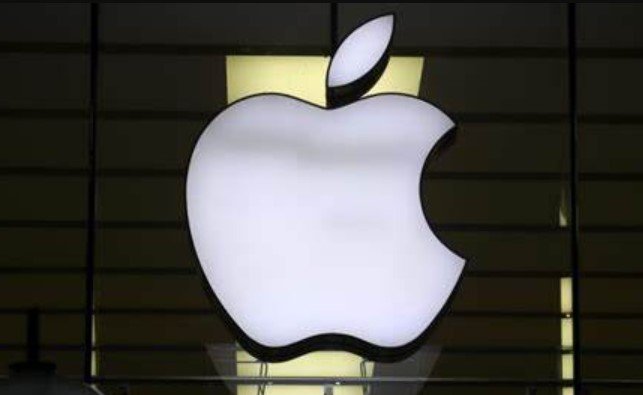A group of Apple customers has filed a class action lawsuit against the tech giant, claiming that it has created an illegal monopoly over cloud storage for its devices. The lawsuit accuses Apple of imposing “surgical technological restraints” on the types of files that other cloud providers can host, forcing users to rely on iCloud for their backup and storage needs.
iCloud’s dominance and pricing
The lawsuit, filed on Friday in the US District Court for the Northern District of California, alleges that Apple has achieved iCloud’s dominance by “rigging the competitive playing field so that only iCloud can win.”

According to the complaint, Apple offers a meager 5GB of free iCloud storage, which is not enough for most users, especially considering the increasing size and quality of photos, videos, and apps. As a result, users are compelled to buy additional storage plans, which range from $0.99 per month for 50GB to $9.99 per month for 2TB.
The lawsuit argues that Apple’s pricing is “marked up to the point where the service is generating almost pure profit.” It cites a report by Sensor Tower, which estimates that iCloud generated $4.2 billion in revenue in 2020, a 33% increase from 2019.
iCloud’s restrictions and alternatives
The lawsuit also claims that Apple has imposed arbitrary and anti-competitive restrictions on the types of files that other cloud providers can host. While users can store certain types of files, such as photos and videos, with non-Apple cloud services, such as Google Drive, Sync.com, or pCloud, there are some files, such as app data and device settings, that only iCloud can host. These files are referred to as “Restricted Files” in the complaint.
The lawsuit contends that there is no technological or security justification for Apple mandating the use of iCloud for Restricted Files. It asserts that Apple draws this distinction only to curtail competition and advantage its iCloud product over rival cloud platforms.
The lawsuit further argues that Apple’s restrictions eliminate user choice and create a “requirements” tie. That is, if users wish to use cloud storage for Restricted Files, iCloud is their only option. And for anyone requiring more than 5GB of storage, they must pay for it.
The lawsuit seeks to represent tens of millions of customers in the US who have purchased or leased an Apple device and have used iCloud since 2011. It asks for damages, injunctive relief, and attorney fees.
Apple’s response and previous lawsuits
Apple has not yet commented on the lawsuit, but it has previously defended its iCloud practices and pricing. In 2019, Apple CEO Tim Cook said that iCloud was “not a money-maker” and that the company was “not trying to optimize the price of the storage.” He also said that iCloud was designed to provide a seamless experience for users across their devices.
This is not the first time that Apple has faced legal challenges over its iCloud service. In 2019, a class action lawsuit accused Apple of misleading customers about the security and privacy of iCloud data, alleging that Apple stored some iCloud data on third-party servers, such as Amazon Web Services and Google Cloud Platform, without disclosing it to users. That lawsuit is still pending in the same court as the current one.









